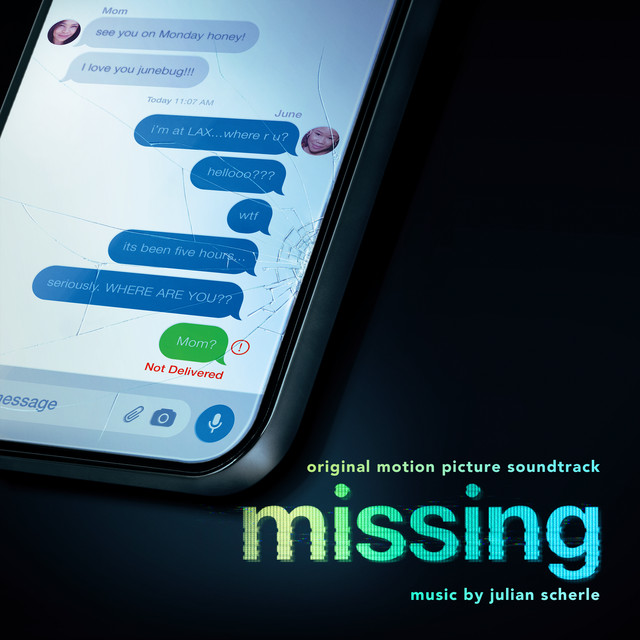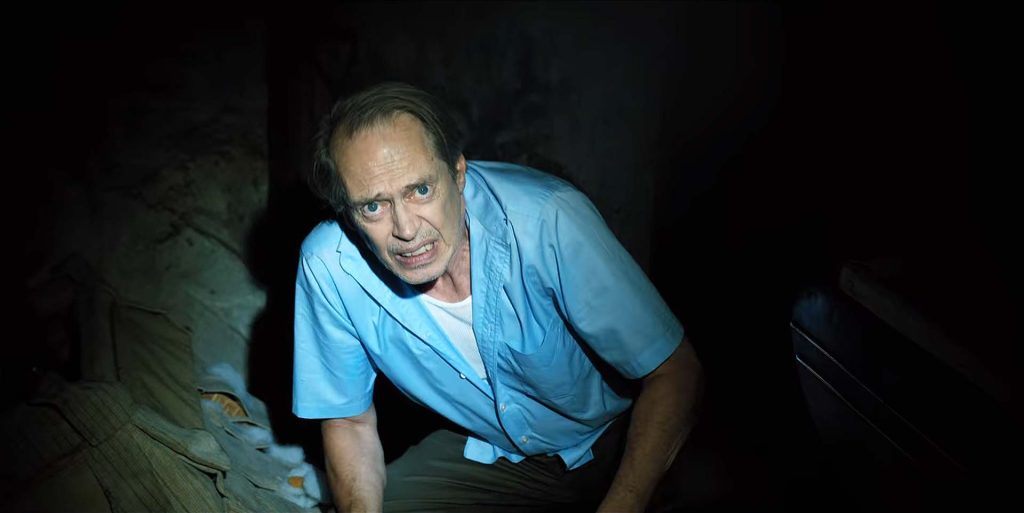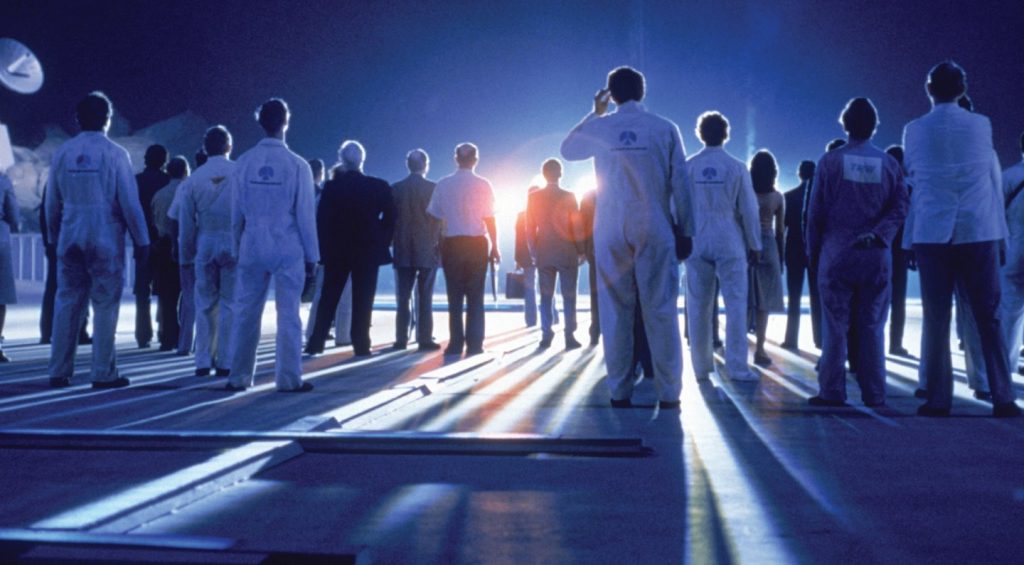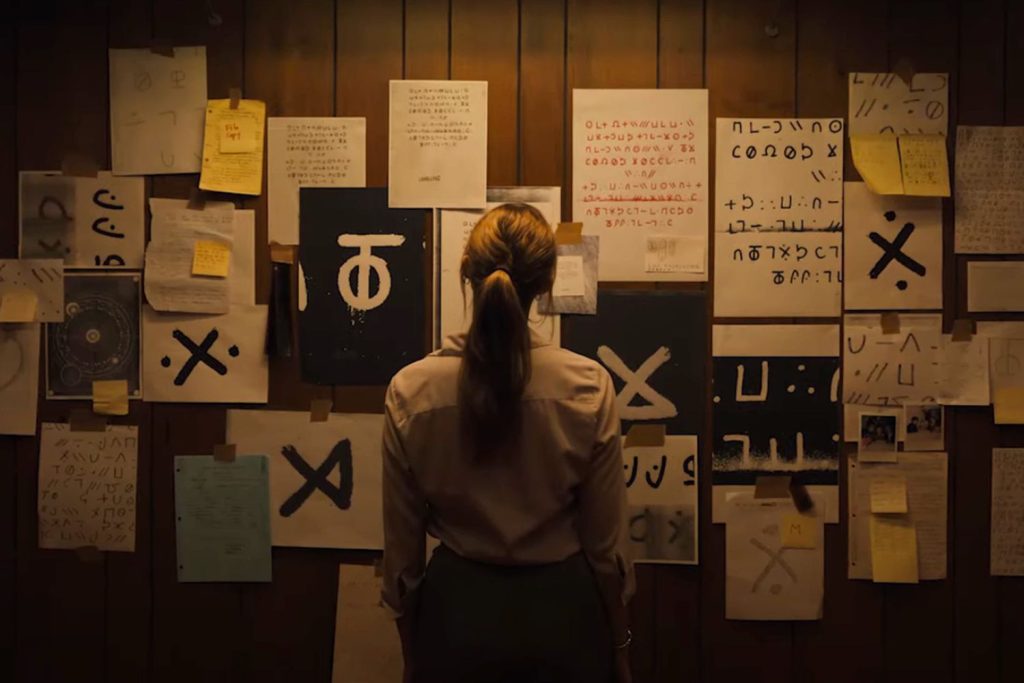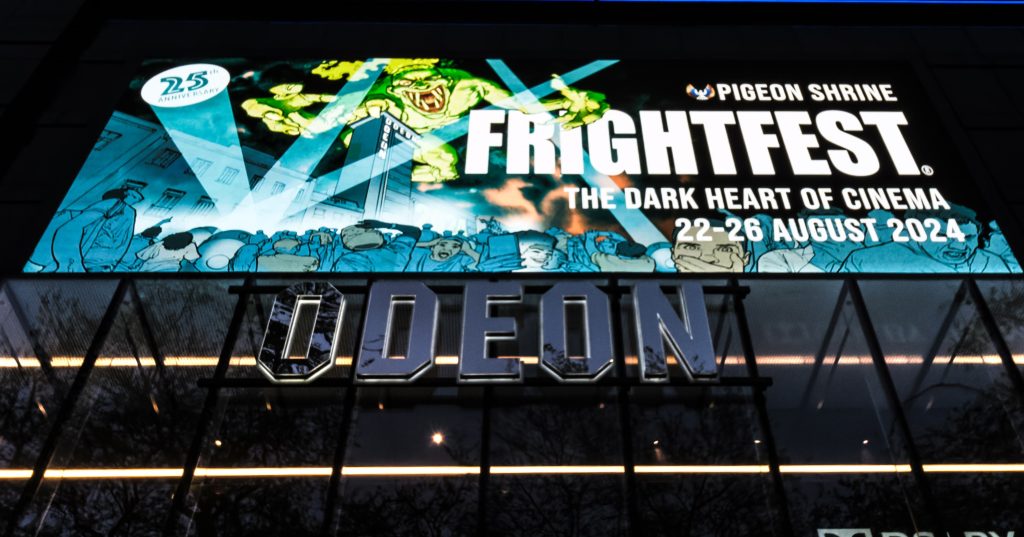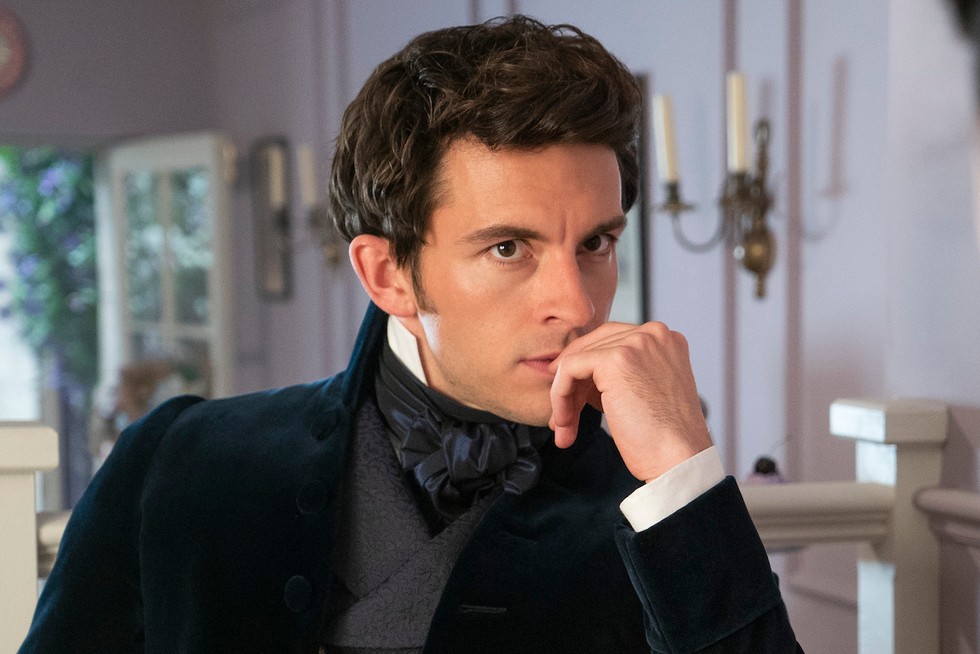by NICK SPACEK
Composer Julian Scherle’s latest project is Missing from Sony Pictures. Releasing in UK cinemas soon, along with the soundtrack from Milan Records, Missing tells the story of June: “When her mother (Nia Long) disappears while on vacation in Colombia with her new boyfriend, June’s (Storm Reid) search for answers is hindered by international red tape. Stuck thousands of miles away in Los Angeles, June creatively uses all the latest technology at her fingertips to try and find her before it’s too late. But as she digs deeper, her digital sleuthing raises more questions than answers…and when June unravels secrets about her mom, she discovers that she never really knew her at all.”
A continuation of his work with the filmmakers of Searching – whose storyline also unfolds entirely via digital screens – Scherle wrote an experimental score, exploring the musical possibilities of machine-learning to the point where he wrote his own code, took audio files and recompressed them with the worst possible MP3 converter about 5000 times. We spoke with Scherle about the work which went into Missing.

STARBURST: What work did we pull you away from – or can you talk about it?
Julian Scherle: Not a specific project. I do write music for myself and I was very engrossed in a piece of music that I’m working on right now. Whenever I’m not on a project, I just write music just for myself. I release music under different pseudonyms and kinda explore different aspects of my personality that way. I’m pretty active with just writing music nonstop.
We’ve talked to Mark Mothersbaugh about his scoring work, and he mentioned that he gets to work two hours before he has to start so he can just make stuff for himself before he has to do it for other people.
Right. Exactly. I mean, it’s ultimately still work for other people when you write a film score. It’s very refreshing to just write music for yourself. Kind of keeps the love alive.
One also imagines it keeps you limber, and you can explore different things that you cannot necessarily do with film score, which sometimes can also influence the film score side. Getting to play around without any sort of boundaries, you just come up with ideas and you can try things out without the time crunch of a release date.
Yeah, absolutely, and you’re the only person who’s going to give yourself notes.
Did the score for Missing come out of any experimentation you’ve done on your own?
Yeah, it actually did. I did release a concept album a couple of years ago under one of my pseudonyms, and the directors found that and were listening to it when they were working on the script. And then at some point, when it came to hiring someone to do the score, they were like, “Oh, we should find out who this person is,” and they found out it’s me. Coincidentally, I also knew one of the producers from years ago. We worked on a short movie together, so they brought my name to the producer, and she’s like, “Oh yeah, I know this guy. I worked with him before.” So yeah, they kind of found me exactly through one of my side projects.
So much of the score is technologically driven, either right from the synthesizers or via the various compression and distortion that you apply. How did it come about?
The movie Searching, the entire story is told through digital interfaces. You always just see computer screens, basically. Anything you see is basically represented on that screen. It uses a lot of technology to tell a story, and our very first basic area that we wanted to explore sound-wise was, “What’s the human-machine interaction and what kind of elements get lost on the way, compared to if you would have a human-to-human interaction?”
Face-to-face, we might interact differently than we do compared to being on a Zoom call or on a phone call. That was the basic concept and my first question was, “What is that to the audio part?” one of the first things was, “Well, there’s always compression involved.”
Whenever you have any type of digital transmission, that type of compression affects the way how we perceive audio. I found an interesting study that was basically exploring exactly that. It was using orchestral instruments and played those instruments one time, compressing them, and then playing that compressed audio to some random audience and basically just looking at what that does.
The findings were that basically the more compression you have, the more anxiety-inducing those signals become. I thought, “Well, that’s kind of interesting. What happens if we don’t compress it one time, but maybe thousands of times? Does that still basically apply? Does it get even more anxiety-inducing?”
The results were pretty, pretty interesting – just a soup of compression artifacts to the point where it’s not recognizable, but the original signal was still there. I applied that to all kinds of different acoustic sounds, electronic sounds, different – sometimes I use elements from production audio, so Storm’s voice for instance, just dialogue, snippets, and pieces.
Another one was that I used a microphone that would pick up electrical interference instead of audio signals that are transmitted through the air. It really just picks up on electric radiation, and with that, you can capture any kind of sound that electronic parts are radiating. If you have light sources or any kind of LEDs or any kind of board, it really just constantly emits some type of sound, and you can capture that with that microphone.
It’s really digital, harsh kind of sounds. They’re not picked up through air, so there’s no room sound. It really is just directly, basically in your face. It’s really good for creating this type of claustrophobic feeling that I was going after – really being really close to the main actor and really being kind of caught inside the machine.

And then the last part that I was very interested in exploring was to include AI and machine learning in the process of creating sounds. And I found this platform by Alphabet. It’s kind of like a research platform for resynthesis, and you can train your own modules basically with the set of input signals and create an algorithm and then retrain other things to apply basically that module to it and resynthesize those sounds.
I used all kinds of stuff from the other two elements that I described and trained that module with the electrical interference sounds and used some vocals or some audio material from Storm and saw what that did. A lot of trial and error. I was involved pretty early in the process, so I had a decent amount of time to come up with all that stuff. But yeah, all the technical technological stuff, all this is really for the very anxiety-inducing, stressful, uncomfortable part of the score. It was huge fun for me to explore this field and come up with all those crazy sounds.
Julian Scherle’s score for MISSING is available now via most digital streaming sites, while the film itself is out now to rent/buy digitally in the States, and in UK release cinemas on April 21st.

